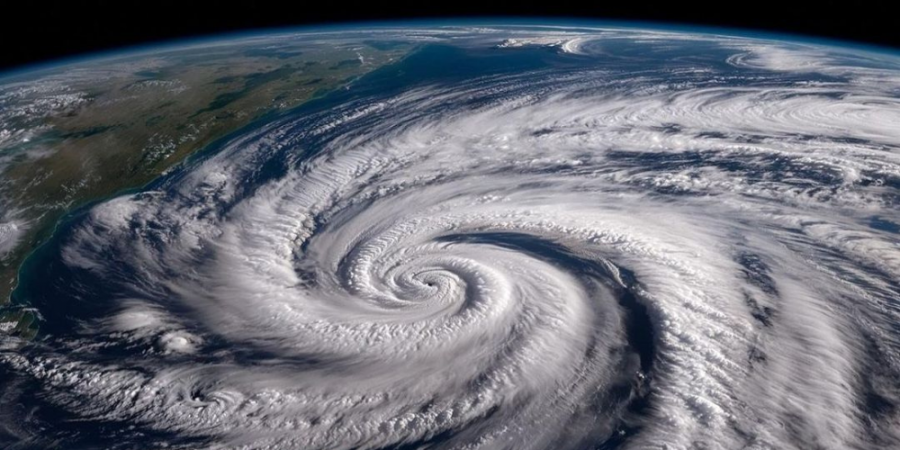A few of the wealthiest Americans may have suffered the hardest with the recent stock movement, but the business analysts say the country is experiencing a wider wealth gap as more and more Americans are investing into the stock market.
The Forecast
According to the senior economist, Daan Struyven shares how the household equity holdings earnings increased thrice compared to its initial share of disposable income in the late 80s. He adds the 1% movement in the stock market generates a larger impact on the wealth accumulation of the greater portion of the American population.
According to the study, more and more Americans are availing of the 401K, as well as other retirement accounts to take advantage of the stock market’s higher potential returns.

Daan Struyven serves as the chief economist at Goldman Sachs.
Despite the middle class now owning more stocks compared to the rich and elite, their stock’s value is still pale compared to the latter. The middle-class now owns at least 39% of the total household equities.
Due to these statistics, Struyven forecasts that stock market shifts create a great impact on the 10% of the wealthy American population thrice harder compared to the late 80s. Meanwhile, those middle-class investors that fall n the 50-90th percentiles only hit a third larger.
The Wealth Impact
Other business and financial analysts argued the statistics showed an increasing wealth gap between the middle and elite class since their equity holdings earnings concentrate on their total net worth. However, Goldman Sachs says it didn’t impact the individuals holding more stocks significantly, compared to the elite class where most of their stock investments are inclined to business profits.
Struyven adds the wealth effect is unlikely to fall over the past three decades despite the widening of the wealth gap and inequality since the household equity holdings continue to increase.
Aside from that, the equity price continues moving as more and more individuals increase their wealthy households spendings. While the stock prices’ continued decline may produce a meaningful effect on wealthy households, the data shows spending luxury goods spending are the ones highly sensitive to the movements in the stock market.
How To Reduce Wealth Inequality?
Struyven, along with other senior economists, urges the U.S. Government to take initiative in decreasing the wealth gap inequality.
Improve the Education Sector
According to Struyven, the government should take actions to provide an affordable educational system accessible and convenient to most of the middle-class. They should offer more scholarship grants to those who excel not just academically but also in sports, music, or in any other industry they excel.

Experts say eliminating the student loan debt will help working adults save more money and prepare for their future.
If not, the economists say they should provide an alternative student loan grant with lower interests so that working adults can have the capacity to pay off their debts the soonest possible. If they’re not bound by paying off an expensive student loan debt, more and more Americans will be more financially stable and have the capacity to reach their goals and milestones in life.
Standardize the Basic Income
Aside from lowering the student loan debts, the experts recommend enacting the basic compensation or income for American workers to have the capacity of paying off their debts. If the working professionals receive a just salary, incentives, and competitive benefits, the nation’s economy will grow as higher job retention and satisfaction will be obtained.
Improving Healthcare
Most middle-age and retirees suffer from paying expensive healthcare costs despite being a first-world country.
According to health experts, millions of Americans are still suffering in an inefficient healthcare system. One being that access to insurance systems are scarce, if not, expensive to avail one. Not only is the availability of health insurance systems depletes most of the worker’s salary, but so is the healthcare costs.
Most professionals and retirees struggle with paying for their checkups, medications, maintenance, as well as getting the medical attention they need because they couldn’t afford it. The experts recommend implementing a universal healthcare system.










